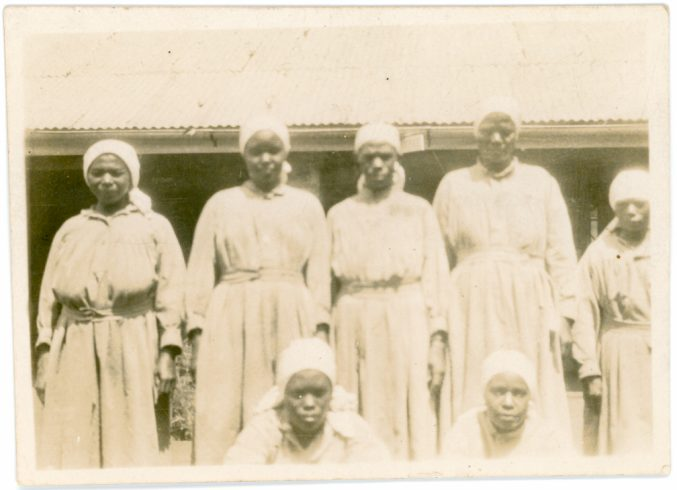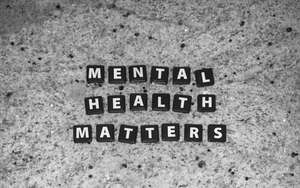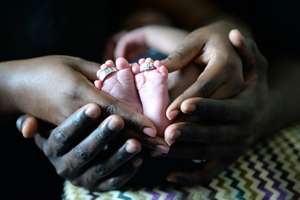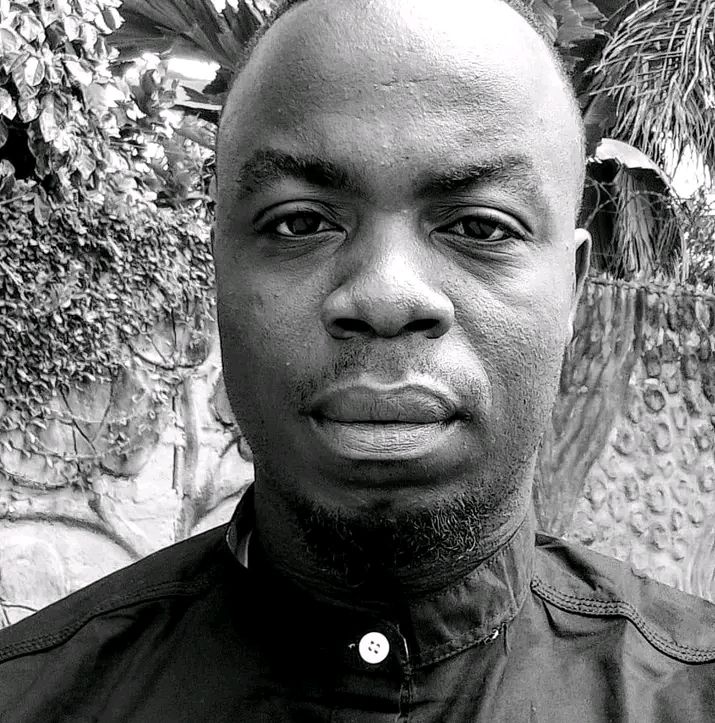
How Kenya's Mental Health History Shapes Today's Struggles
Reading Time: 4min
The story of mental health in Kenya is not just a medical one; it is a story deeply woven with the threads of politics, power, and a painful colonial past. To understand why Kenya struggles with mental health today, we must look back at where it all began. The colonial period laid a foundation of fear, control, and stigma that the nation is still working to overcome. During this time, mental health was not seen as a matter of care, but as a tool for oppression. Colonial authorities discovered they could use the English Mental Health Act to silence their loudest critics. If an African leader spoke out too powerfully against colonial rule, they could be declared "insane." A prime example is Elijah Masinde, a fierce anti-colonial activist, who was detained for his beliefs in Mathari Mental Hospital. His confinement sent a clear message: dissent would be treated not as politics, but as madness.

This abuse was backed up by racist ideologies that aimed to undermine the very intelligence and humanity of Kenyans. Some colonial doctors, like Dr. H.L. Gordon, put forward the dangerous idea that educated Africans were more likely to develop schizophrenia. This was not science; it was a political weapon. By framing the desire for freedom and education as a mental illness, the colonial system attempted to justify its oppression and create a narrative that Africans were unfit to govern themselves. This created a powerful and lasting link between mental distress and being seen as broken, inferior, or dangerous.

When Kenya gained its hard-fought independence in 1963, there was hope for a new beginning in all sectors. However, in mental health, the old colonial shadow lingered. The new nation inherited the very system that had been used to suppress its heroes. For decades, Kenya continued to be governed by the English Mental Health Act of 1959. It was a system designed for control, not compassion, and it remained in place. While there were efforts to change, such as the global push for Primary Healthcare in the 1970s which officially recognized mental health as a core component of health, the old structures were stubborn. A significant step was finally taken in 1989 when Kenya replaced the colonial law with its own Mental Health Act. This was important symbolically, but the new law was already outdated at birth and did little to protect the human rights of those it was meant to serve.
The neglect of the mental health sector after independence had severe consequences. With little funding and attention, stigma flourished. People with mental health conditions were often abandoned by their families or hidden away, seen as a source of shame. Mathari Hospital, once a site of political imprisonment, became a symbol of this neglect—an overcrowded, under-resourced facility that reflected a national attitude of out-of-sight, out-of-mind. The government developed policies on paper, but the will and the resources to implement them were missing. This has led to recent calls for reform, culminating in the Mental Health (Amendment) Act of 2022, which aims to drag the system into the 21st century. Yet, the passage of a law is one thing; making it a reality for millions of Kenyans is another challenge entirely.
This difficult history directly shapes the current challenges Kenya faces. First, the laws, even the newer ones, are still catching up. They are outdated and do not fully align with our progressive constitution or international human rights standards. This leads to the second challenge: a devastating lack of resources. Mental health receives a tiny fraction of the health budget, leading to dilapidated facilities, a critical shortage of psychiatrists and nurses, and a massive gap between the need for care and its availability. Most people cannot access the help they need.
Third, the gap between policy and practice remains wide. We have a mental health policy, but its implementation is weak. This means the quality of care for a person with depression or schizophrenia is often vastly inferior to the care for someone with a physical ailment like diabetes. Finally, the human rights concerns inherited from the past persist. Attempting suicide is still criminalized, punishing a person in their deepest moment of distress instead of offering help. The system still struggles to fully see and protect the dignity and rights of individuals with mental disorders. In conclusion, the journey to a healthy mental health system in Kenya is a journey of healing from historical trauma. The colonial use of mental health as a weapon created a legacy of stigma and neglect that post-independence governments have been slow to dismantle. Understanding this past is the first step toward building a future where mental health is treated with the humanity, resources, and urgency it deserves.

















